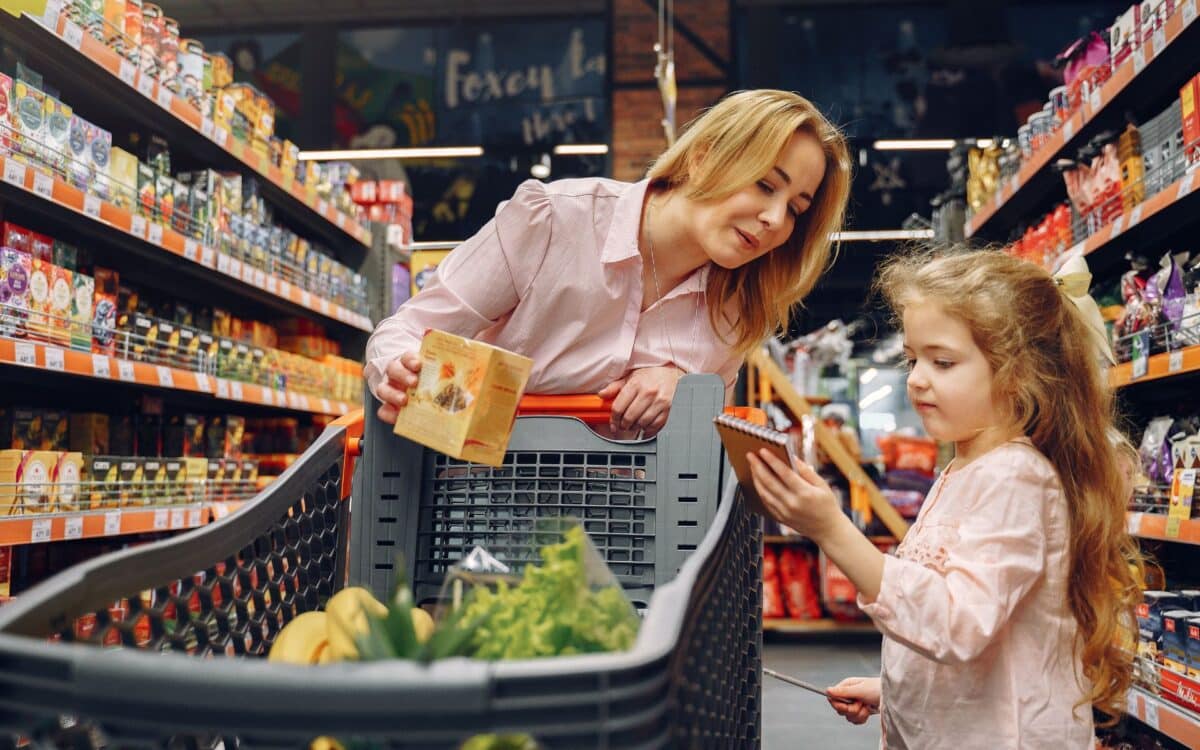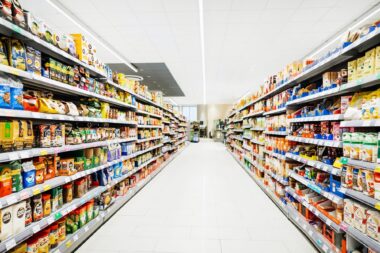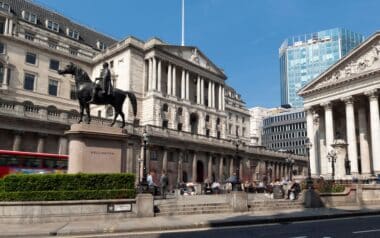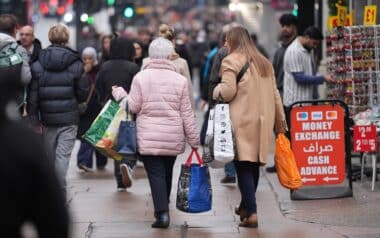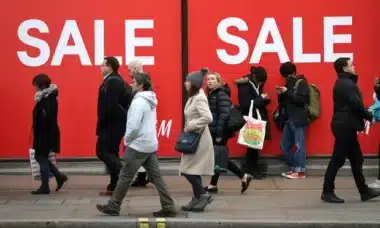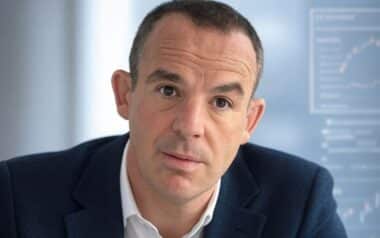British families may soon face higher grocery bills, not as a result of inflation, but due to new government policies aimed at achieving net zero targets. A recently introduced “green levy” on packaging materials could increase household expenses by as much as £70 annually, according to industry estimates.
Impact of the Extended Producer Responsibility Strategy on Consumer Prices
The Extended Producer Responsibility (EPR) strategy, introduced under Rishi Sunak’s government, is designed to tackle waste by holding retailers and manufacturers accountable for the cost of packaging disposal. The policy, which will come into effect on 1 January 2025, imposes a “grocery tax” on packaging materials used by businesses.
The government’s figures suggest the levy could add £56 annually to the average grocery bill, though some supermarkets argue the true cost may rise to £70. These additional costs are expected to be passed on to consumers, as analysis by the Department for Environment, Food and Rural Affairs (Defra) reveals. The assessment estimates 85% to 100% of the levy’s cost will be reflected in retail prices.
Material-Specific Fees: Encouraging Sustainable Packaging Choices
Under the scheme, fees will vary depending on the material. For instance:
| Material | Cost per Tonne (£) | Purpose |
|---|---|---|
| Plastic packaging | 485 | Discourage non-recyclable material use |
| Recyclable paper | 215 | Encourage sustainable, recyclable options |
The significant price difference aims to incentivise the use of recyclable materials, helping to reduce landfill waste and environmental harm.
Concerns Over Insufficient Awareness and Cost Estimates
Critics have accused the government of introducing the levy without sufficient public awareness. Lord McKinlay, chair of the Net Zero Scrutiny Committee, described the legislation as a “quietly landed” grocery tax, adding:
“It heaps more than a billion pounds of new and unnecessary costs on consumers. As ever, government estimates for implementation costs are often hopelessly underplayed.”
Supermarkets and manufacturers have also voiced concerns, suggesting the levy’s costs may be underestimated and could disproportionately affect low-income households.
Wider Implications for Consumers
The EPR strategy is one of several measures tied to the government’s net zero commitments. Other changes expected to impact household budgets include:
- Increased fuel costs due to green initiatives.
- New taxes on flights.
- The return of the “boiler tax” on home heating systems.
- The carbon border adjustment mechanism, which could drive up the cost of imported goods.
Defra’s Defence: EPR as a Catalyst for Recycling and Job Creation
Defra has defended the EPR strategy as a necessary step towards environmental sustainability. A spokesperson commented:
“This government will end our throwaway society and stop the avalanche of rubbish that is filling up our streets by increasing recycling rates, reducing waste, and cracking down on waste crime. Extended producer responsibility for packaging is a vital first step for our packaging reforms, which will create 21,000 jobs and stimulate £10 billion investment in the recycling sector over the next decade.”
Defra also noted that illustrative fees for materials like glass have been revised downward to mitigate industry concerns.

